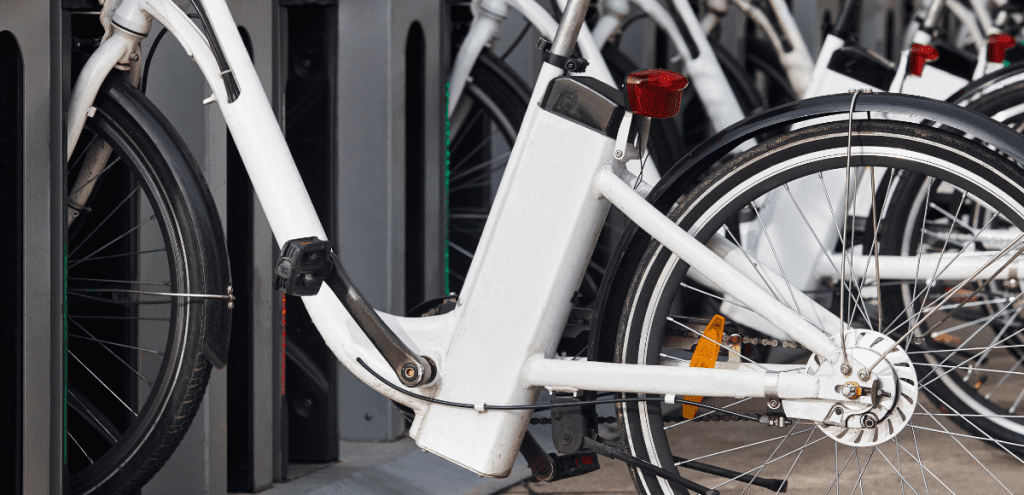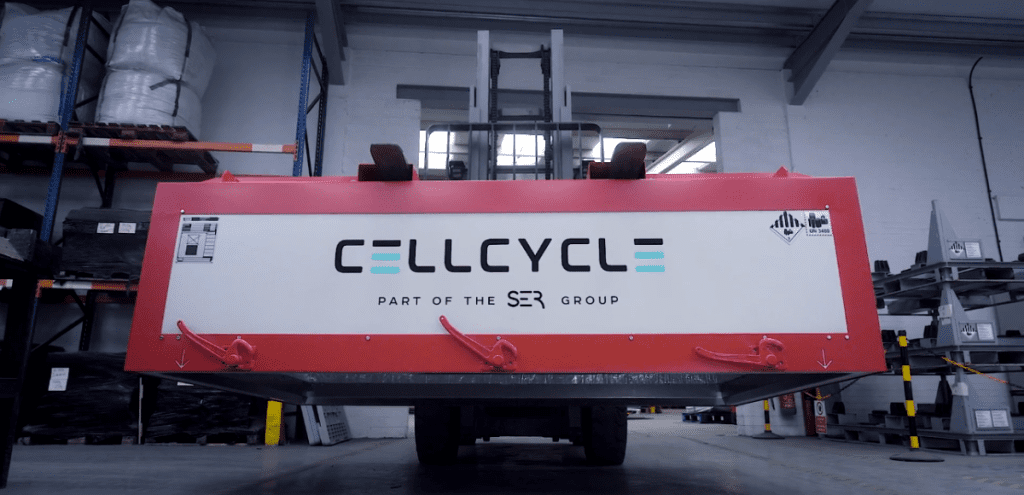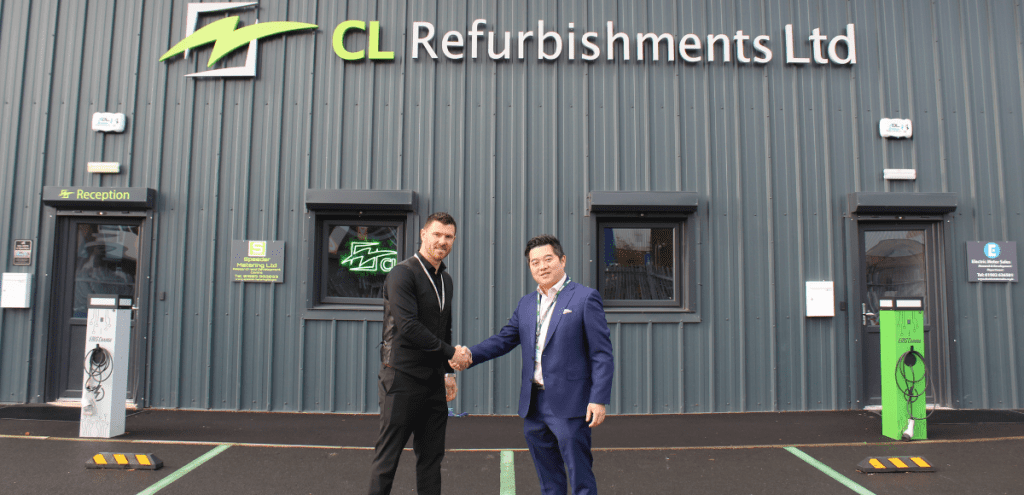In the rapidly growing e-mobility sector, lithium-ion batteries power everything from electric bikes and scooters to buses. These batteries are critical for the continued shift towards cleaner, greener transportation. However, as these batteries reach the end of their useful life, it’s crucial to ensure that they are disposed of and recycled properly.
Why Proper Disposal of End-of-Life Lithium Batteries is Essential
Lithium batteries, especially those used in e-mobility applications like e-bikes, e-scooters, e-buses, and even batteries from ferries, contain dangerous materials. Improper handling or disposal can lead to serious safety hazards, environmental damage, and wasted resources.
1. Fire Hazard: Lithium-ion batteries are highly flammable, and if not properly discharged or dismantled, they can catch fire or even explode. These batteries are volatile, especially when damaged or improperly disposed of. Improper storage, especially in high temperatures or near flammable materials, can trigger a fire hazard.
2. Environmental Impact: When discarded improperly, lithium batteries can leach toxic substances into the environment, including heavy metals and harmful chemicals. This can cause contamination of soil and water, affecting ecosystems and public health.
3. Safety Risks During Transport: Transporting end-of-life lithium batteries without proper precautions can lead to accidents and pose significant thermal risks to those involved in their handling.
The Importance of Proper Storage, Discharge, and Dismantling
For batteries to be safely recycled, they need to be stored in a controlled environment to prevent accidents. Discharging batteries before recycling is crucial, as a fully charged battery poses an increased risk of fire. Additionally, dismantling batteries in a safe, regulated environment ensures that no harmful materials are released during the recycling process, further preventing environmental contamination.
How Cellcycle’s Recycling Process Ensures Safe and Sustainable Disposal
We employ a sophisticated and safe lithium battery recycling process to ensure that the valuable materials within end-of-life batteries are recovered and reused. Our method is designed not only to meet the highest safety standards but also to support sustainability in the e-mobility sector.
- Collection and Transportation: We offers ADR-compliant logistics for the safe transport of lithium batteries, adhering to the strict regulations outlined for the transportation of hazardous materials. Our team ensures that all lithium-ion batteries are transported with the highest level of safety and care, using the correct packaging and documentation to prevent any potential risks during transit.
- Testing and discharging: We offer precise testing and discharging services for lithium battery packs, modules, and cells as part of our recycling process. Each asset is analysed, graded for reuse, and unsuitable batteries are safely dismantled for material recovery. We also provide clients with detailed reports on key metrics, such as State of Health (SoH), State of Charge (SoC), and Root Cause Analysis (RCA), to help optimise asset management and recycling. All assets are tracked from collection to arrival at our facility, ensuring thorough cross-checking and accountability.
- Battery Triage and Dismantling: Our battery triaging process involves expert disassembly down to the module or cell level by our skilled high-voltage engineers. We safely handle all battery types, meticulously sorting components for targeted recycling. This process maximises the recovery of valuable materials. If needed, we provide detailed reports and failure mode analysis to identify internal faults, offering clients valuable insights into asset condition and supporting informed, responsible recycling decisions.
- Recycling and Material Recovery: We have worked diligently to establish the UK’s largest network of government-approved refining partners. Through the critical material extraction process, batteries are treated by using a chemical precipitation methodology that recovers raw elements and minerals, including hydroxides and carbonates. These raw materials are then returned to the battery manufacturing industry for reuse in future battery products. This process offers a more sustainable and environmentally friendly solution for lithium battery disposal, while also adding value and reducing costs.
At Cellcycle, we are committed to leading the way in sustainable lithium battery recycling. By choosing our services, you are not only ensuring the safe disposal of your e-mobility batteries but also helping to create a cleaner and more sustainable future for all.


